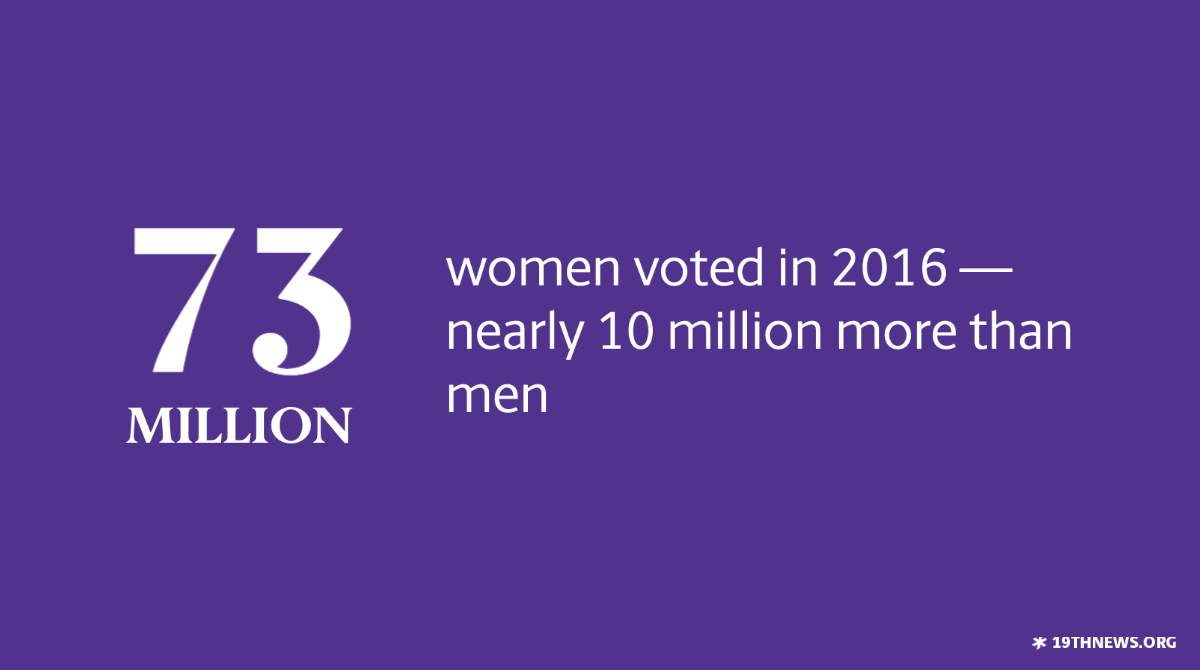
The World Food Program was awarded the Nobel Peace Prize on Friday for its efforts to combat a surge in global hunger amid the coronavirus pandemic.
#19threads via @nytimes: nytimes.com/2020/10/09/wor…
#19threads via @nytimes: nytimes.com/2020/10/09/wor…
2/ #19threads: As the global fallout from the pandemic began this spring, the World Food Program estimated that the number of people experiencing life-threatening levels of food insecurity could more than double this year, to 265 million. nytimes.com/2020/10/09/wor…
3/ In the United States, the economic downturn caused by the pandemic has resulted in millions of Americans struggling with food insecurity.
A recent report by CARE International warns the burden is gendered. In August, @shefalil reported the findings: bit.ly/3jPjLrp
A recent report by CARE International warns the burden is gendered. In August, @shefalil reported the findings: bit.ly/3jPjLrp
4/ In the first three months of the pandemic, more than 6 million Americans signed up for food stamps.
And as of July 21, between 11 and 20 percent of adults with children reported not having enough food to feed their children. bit.ly/3jPjLrp
And as of July 21, between 11 and 20 percent of adults with children reported not having enough food to feed their children. bit.ly/3jPjLrp
5/ It's a sharp increase from before the pandemic.
It suggests parents — but especially moms — are also going hungry, one expert said. bit.ly/3jPjLrp
It suggests parents — but especially moms — are also going hungry, one expert said. bit.ly/3jPjLrp
6/ CARE International's Tjada McKenna noted that hunger data is limited for transgender people, despite their heightened vulnerability.
About a fifth of trans people are unemployed because of the pandemic, with the figure jumping to a quarter for those who aren't White.
About a fifth of trans people are unemployed because of the pandemic, with the figure jumping to a quarter for those who aren't White.
7/7 "...it's safe to say anyone who was experiencing disparity before the pandemic, that problem has gotten worse," said Stacy Dean, the vice president for food assistance policy at the Center for Budget and Policy Priorities.
More from @Shefalil: bit.ly/3jPjLrp
More from @Shefalil: bit.ly/3jPjLrp
• • •
Missing some Tweet in this thread? You can try to
force a refresh





